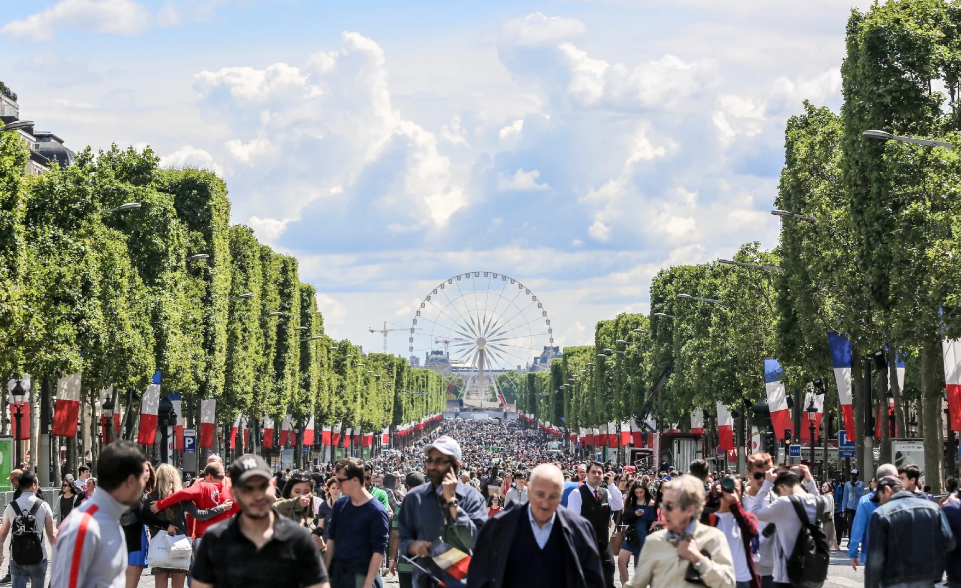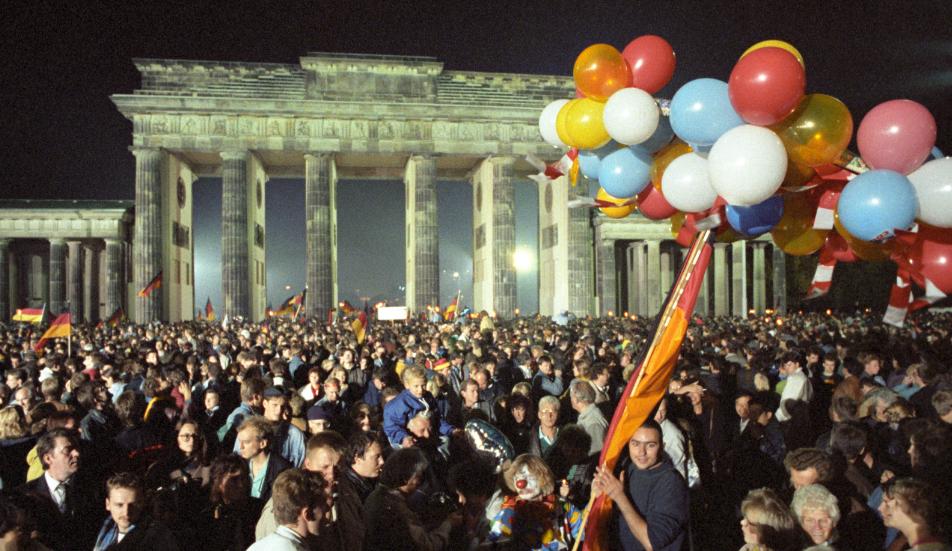Do you know about Burkina Faso National Holiday? Burkina Faso, a landlocked country in West Africa, is known for its vibrant culture, rich history, and diverse traditions. Among its many celebrations, one significant event stands out – the Burkina Faso National Holiday on August 5th. This article explores the significance of this national holiday, its history, celebrations, cultural events, impact on tourism, and more.
National holidays hold great importance for countries around the world. They serve as a time to honor historical events, cultural heritage, and national pride. In Burkina Faso, the National Holiday on August 5th represents a day of unity, remembrance, and celebration.
Significance of Burkina Faso National Holiday
August 5th holds immense significance in Burkina Faso as it marks the day when the country gained its independence from French colonial rule in 1960. This event symbolizes the nation’s triumph over a long struggle for freedom and self-determination.
History of Burkina Faso National Holiday
The Burkina Faso National Holiday has its roots in the country’s fight for independence. After years of colonization, the people of Burkina Faso demanded freedom and sovereignty. On August 5th, 1960, their aspirations were realized when Upper Volta became an independent nation. Since then, this date has been commemorated as a national holiday to honor the sacrifices made by the people and celebrate their independence.
Celebration and Traditions of Burkina Faso National Holiday
During the Burkina Faso National Holiday, the entire country comes alive with celebrations and festivities. The day begins with flag-raising ceremonies and parades featuring marching bands, traditional dancers, and cultural performances. People dress in vibrant traditional attire, and the streets are adorned with decorations in the national colors.
Cultural Events and Activities
Throughout the day, various cultural events and activities take place across Burkina Faso. These include music concerts, art exhibitions, theater performances, and sports competitions. Local artists showcase their talents, and visitors have the opportunity to immerse themselves in the vibrant cultural heritage of the country.
Food and Cuisine during the Burkina Faso National Holiday
Food plays a significant role in the Burkina Faso National Holiday celebrations. Traditional dishes are prepared and shared among families and communities. Some popular delicacies include Tô, a staple made from millet or sorghum, and Riz Gras, a flavorful rice dish cooked with meat and vegetables. These culinary delights offer a taste of Burkina Faso’s gastronomic heritage.
National Symbols and Emblems
The national holiday provides an opportunity to showcase the symbols and emblems that represent Burkina Faso. The national flag, featuring horizontal stripes of red, green, and yellow, is proudly displayed during the celebrations. Other national symbols, such as the coat of arms and the national anthem, evoke a sense of patriotism and unity among the people.
Impact on Tourism and Economy
The Burkina Faso National Holiday also has a significant impact on the country’s tourism industry and economy. Many tourists visit Burkina Faso during this time to experience the vibrant celebrations and immerse themselves in the local culture. This influx of visitors contributes to the economy through increased spending on accommodation, transportation, and local businesses.
National Holiday FAQs
- Why is August 5th celebrated as Burkina Faso National Holiday?
August 5th is celebrated as Burkina Faso National Holiday because it marks the country’s independence from French colonial rule in 1960.
- What are some popular traditions during the celebration?
Some popular traditions during the Burkina Faso National Holiday include flag-raising ceremonies, parades, cultural performances, and sharing traditional food with family and friends.
- How does the national holiday contribute to the country’s tourism industry?
The national holiday attracts tourists from around the world, contributing to the tourism industry by boosting visitor numbers and promoting cultural exchange.
- Are there any specific dishes associated with the holiday?
Yes, traditional dishes like Tô and Riz Gras are commonly prepared and shared during the Burkina Faso National Holiday.
- Are there any special events organized for visitors during this time?
Yes, special events such as music concerts, art exhibitions, and sports competitions are organized to entertain and engage both locals and visitors.
Conclusion
The Burkina Faso National Holiday on August 5th is a celebration of independence, culture, and national unity. It serves as a reminder of the country’s journey towards freedom and self-determination. The vibrant festivities, cultural events, and traditional cuisine make this holiday a memorable experience for both citizens and visitors alike.
References
- Reference 1: “Burkina Faso – History and Culture.” Encyclopedia Britannica. Available at: https://www.britannica.com/place/Burkina-Faso
- Reference 2: “Burkina Faso: History, Geography, Government, and Culture.” Infoplease. Available at: https://www.infoplease.com/world/countries/burkina-faso
- Reference 3: “Burkina Faso: Independence and Revolution.” BBC News. Available at: https://www.bbc.com/news/world-africa-13072774
Featured Image Credits: BojanMirkovic/Getty Images

